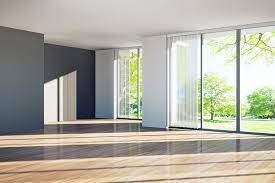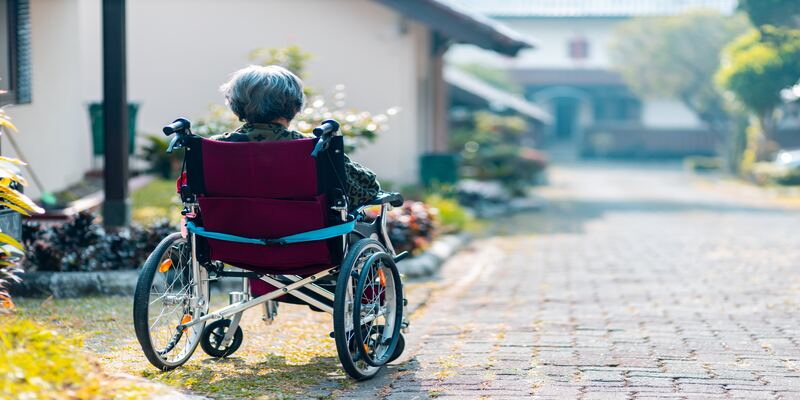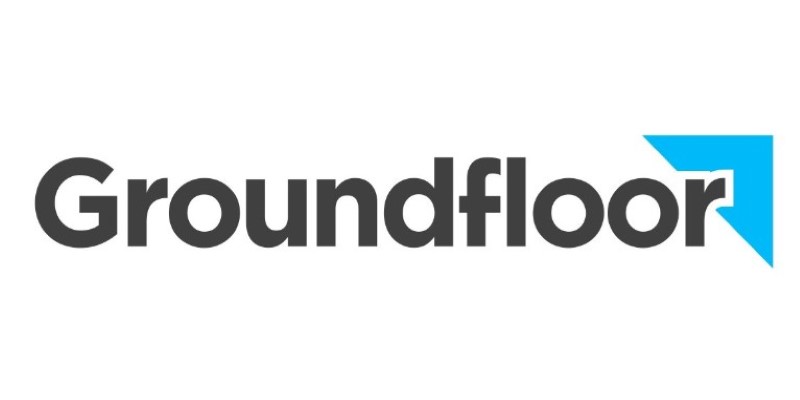To determine if you require vacant home insurance, it is helpful to know the nature of it and when it is required. Vacant home insurance is available as a policy or an extension to an existing homeowner insurance policy. It's designed to guard houses that are empty for a prolonged period. This is distinct from traditional homeowners insurance, which protects you for the duration of time you own and reside in the property.
The period required for a house to be considered vacant could be determined by what insurance provider. For instance, certain insurance companies might consider the home empty if nobody lives in the house for at least 30 days. Other insurers might extend this period to 60 days or more before a house is considered vacant.
What Does Vacant Home Insurance Cover?
Vacant home insurance offers security similar to standard homeowner's insurance. For instance, the vacant home insurance policy could cover the following damages:
- Theft
- Vandalism
- Fire
- Explosions
- Wind
- Hail
- Lightning
The policy must provide the full list of insured perils while mentioning any limitations on the coverage. The insurance for vacant homes will cover the most basic kinds of damages that can occur when there is no one living in the home, but it's not able to cover all. For instance, you could require flood insurance on your own if your house is situated in the floodplain.
Vacant home insurance policies have flexible terms ranging from 3 to 12 months, depending on the insurance company. Your insurance provider may have guidelines specific to the kinds of houses that are protected. In particular, for instance, you might be eligible for vacant home insurance for up to four units or be restricted to the insurance of one-family homes. Insurance companies consider how the house is utilized and why it's vacant, in addition to the condition of the property, its age, and the estimated replacement value.
A vacant home poses an increased risk to insurance companies than a fully occupied home. This is because if there's nobody around to monitor the property, there's a higher chance that damage caused by vandalism or other mischiefs can be incurred; without someone who is regularly maintaining and maintaining the property, the chance of fire and water damage increases if you need insurance for vacant homes, an older house, or one that was not maintained in a timely manner before the purchase can increase the risk of your level and the number of premiums you pay.
Who Needs Vacant Home Insurance?
Vacant home insurance is generally an option only in particular circumstances where the home you have will be vacant for a long time. Some of the scenarios that require vacant home insurance are:

- Selling a house that you no longer reside in because you've moved to an apartment in a new location
- Renting out a property that is vacant in the off-season
- Making major repairs or renovations to a home that makes it temporarily habitable
- Hospitalization for a prolonged duration of time due to medical treatment
- The home you have rented out for vacation, which you use for just a few months of the year
There may be a need for vacant home insurance if you're on active duty with the military or traveling for a long time. Remember that, for your home to be considered empty, the home must be considered vacant. This usually means it has to be empty of personal belongings.
How to Purchase Vacant Home Insurance
Before purchasing insurance for vacant homes, it's crucial to determine whether you'll need an additional policy or if it's possible to include an endorsement on the homeowners ' insurance instead. An endorsement can be used to alter an existing policy to protect your home in case of temporary vacant properties. For instance, your tenant has given notice if you have a rental property like this. You anticipate it will take about a month or two to find a new tenant and have them relocated in. It is possible to apply for an endorsement that will modify your existing policy's coverage until the property is again occupied.

Regarding what homeowners insurance on vacant homes can cost, it also depends on the insurance provider and the specifics of the policy. If you have a rental with four units property, it's likely to be more expensive to insure than a single-family holiday home. Getting quotes from various insurance firms can assist you in finding a policy at a reasonable cost.







